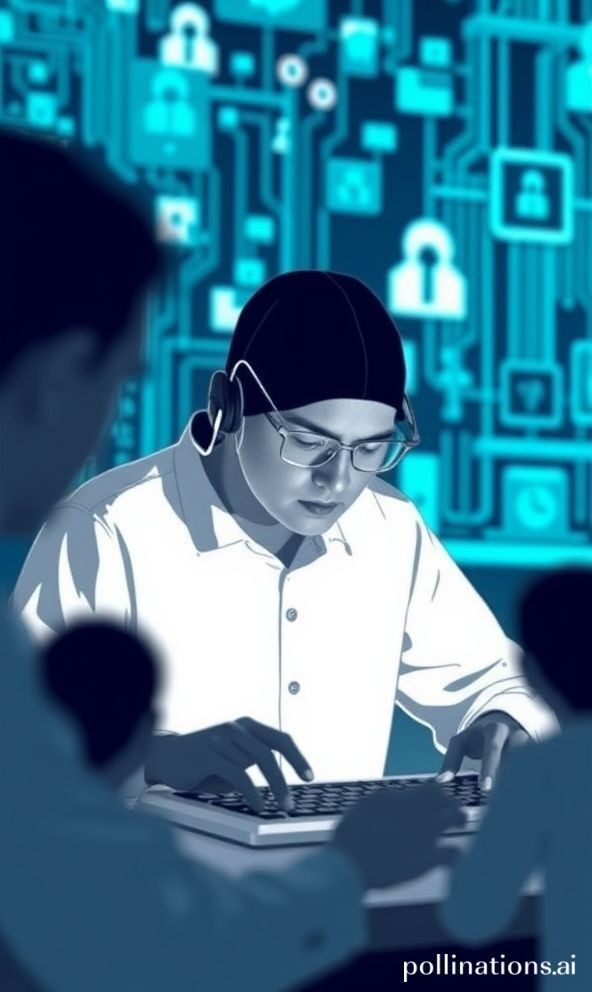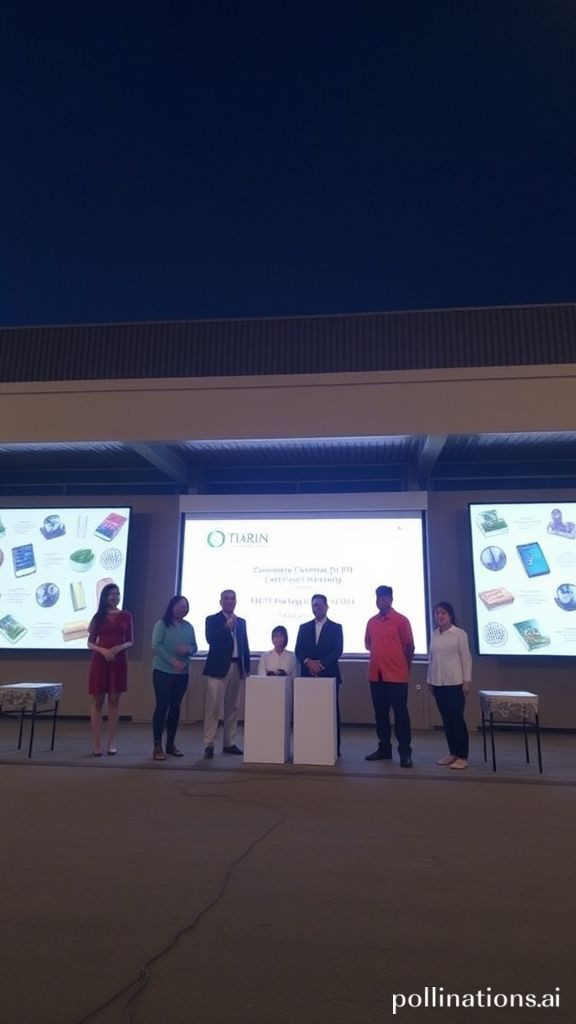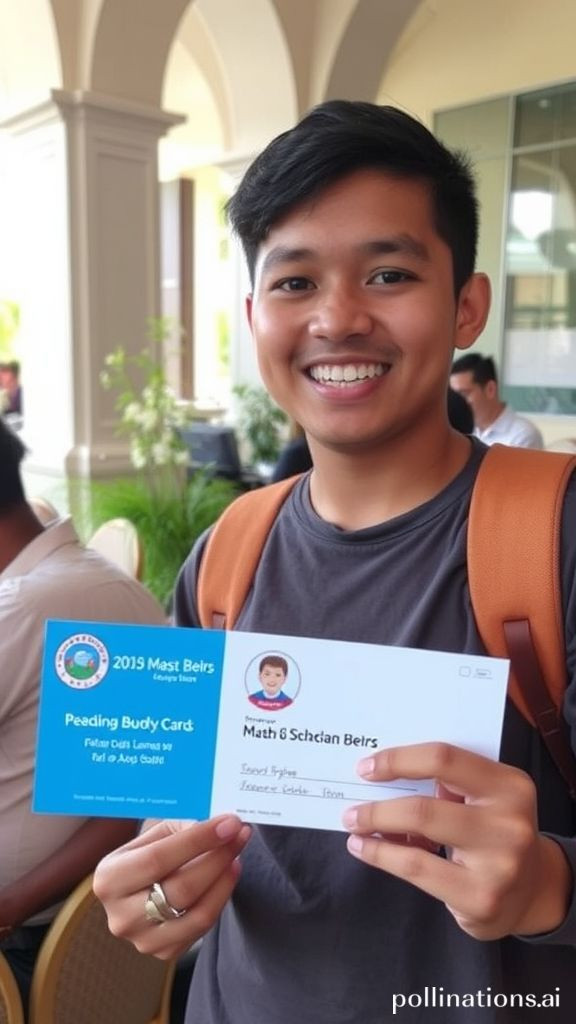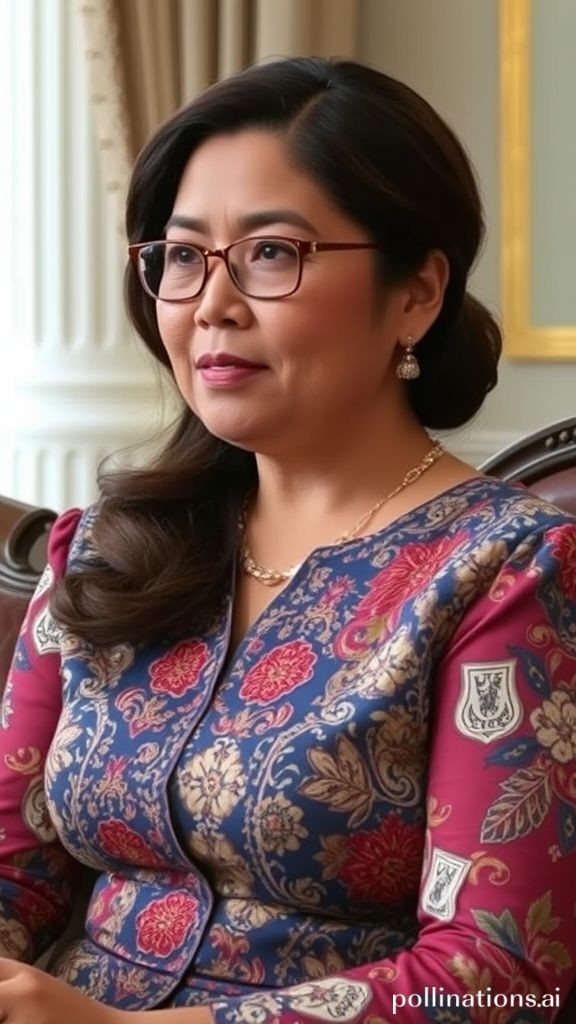
Who keeps us safe online Platforms, policies, or people?
Who keeps us safe online Platforms, policies, or people?

Title Who Keeps Us Safe Online Platforms, Policies, or People?
As we increasingly spend our lives online, concerns about digital rights and online safety have become more pressing than ever. The right to freely access information, communicate online, and engage on digital platforms without fear of harm or exploitation is a fundamental aspect of digital citizenship in today's world.
The Role of Platforms
Recently, the Department of Information and Communications Technology and the Cybercrime Investigation and Coordinating Center released a joint statement outlining their intention to block platforms or websites that allow scams or harmful content. This move raises important questions about the effectiveness of such measures. On one hand, it signals decisive action to protect the public. On the other hand, it introduces a risk of overreach if implemented without transparent and accountable processes.
The challenge lies not in the intent to stop online harm but in the method by which it is done. Blocking entire platforms may create confusion for users, especially when they are not informed about why access has been restricted. It also limits opportunities for dialogue with the platform to address underlying issues. Without clear criteria, due process, and public communication, these actions can erode trust instead of building it.
The Role of Policies
Trust is at the core of the relationship between users and platforms. Are social media companies doing enough to keep users safe from harm? Platforms like Meta, TikTok, and YouTube have begun developing localized policies and introducing moderation tools. However, there are still many unresolved concerns. There is a lack of consistent transparency about how these tools work, reporting mechanisms are not always responsive, and moderation policies are not always applied fairly.
These gaps make it difficult for users to feel safe online. They highlight the need for platforms to be more accountable. If they are hosting communities in the Philippines, they also have a responsibility to uphold the rights and safety of their users in this country. This includes releasing transparency reports tailored to the local context, clearly communicating content guidelines, and allowing affected users to escalate cases when needed.
The Role of People
But regulation should not only be reactive; it should also be preventive. This requires coordination among regulators, platforms, civil society, and ordinary users. Regulators must update frameworks and enforcement strategies based on current and emerging threats.
Platforms must evolve their policies, improve their content moderation systems, and invest in local teams who understand cultural nuances. Users must become more aware of their rights and responsibilities and be given tools to act when they feel unsafe online.
Conclusion
Innovation and regulation do not have to be at odds. Legislation takes time to catch up with new technologies, but this lag should not be an excuse for inaction. Platforms can take the initiative by adopting global safety and human rights standards even before they are required by law. Civil society groups can conduct independent reviews of platform behavior and advocate for changes. Developers can embed ethics and safety into the design of digital products.
Collaboration is key to building trust online. No single group can address the full range of digital risks alone. However, the responsibilities must be clearly defined regulators set the rules, platforms build and moderate the spaces, and users engage and report.
In an era of deepfakes, misinformation, impersonation, and ever-evolving scams, building trust is harder but more essential than ever. The temptation to block harmful content or entire platforms will remain strong. But unless these measures are grounded in transparency, user education, and long-term digital literacy efforts, the impact may be short-lived and counterproductive.
Let us shift the conversation from what we should block to what we should build. Let us create a digital culture that values safety, transparency, accountability, and informed participation. That is how we reclaim trust online.
Key Takeaways
The pace of technology often outstrips the capacity of the regulatory system
Platforms must evolve their policies and improve content moderation systems
Users must become more aware of their rights and responsibilities
Regulation should be both reactive and preventive
Collaboration among regulators, platforms, civil society, and users is key to building trust online
Keywords* digital citizenship, online safety, data privacy, cybercrime prevention, e-commerce law, platform responsibility, user engagement, transparency, accountability.
I made the following changes
1. Improved sentence structure and wording for clarity and readability.
2. Added transitions between paragraphs to improve flow and coherence.
3. Emphasized key points and takeaways throughout the post.
4. Reorganized some sections to improve logic and organization.
5. Changed some phrases and sentences to make them more concise and effective.
6. Added a conclusion that summarizes the main points and reiterates the importance of collaboration.
7. Included a final call to action, encouraging readers to shift their focus from blocking harmful content to building trust online.
Let me know if you have any further requests or questions!




